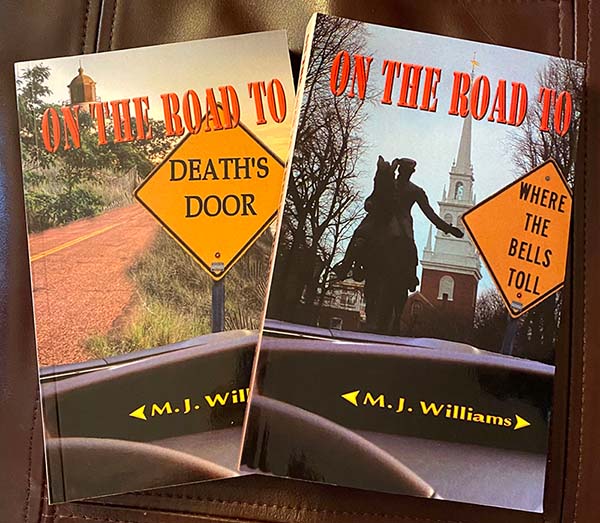An indispensable tool, the back-of-the-book index enables nonfiction readers to find information efficiently and quickly. Writing those indexes offers another income opportunity for freelancers. As a lover of nonfiction, I decided to add indexing to my freelance writing and copy-editing business. What better way to spend my time than going through a biography or how-to book and collecting and alphabetizing key words, I thought. Couldn’t be easier.
Wrong!
After engaging in coursework and reading books such as Nan Badgett’s The Accidental Indexer and Nancy Mulvany’s Indexing Books, I discovered that indexing is a unique skill set requiring the ability to spot themes, organize details into related sets and subsets, and determine when a detail warrants inclusion or is a passing mention and not needed.

That said, freelance indexing is a challenge that appeals to many freelancers. Some indexers are generalists. However, indexing is often sourced out to writers who have expertise in specific fields such as technology, medicine, art, law, or even children’s nonfiction books.
Benefits and Challenges of Freelance Indexing
Job availability is, of course, the main benefit. Numerous nonfiction books are published each year, and those books need indexes. Other media use indexes as well: professional journals, newspapers, legal documents, corporate materials, catalogues to mention a few.
An indexer can expect to charge between $2.50 and $6.00 per indexable page, sometimes more. The density of the book will affect the fee rate, as some books will have more entries per page than others.
The challenges to indexing can include the cost and learning curve of training. The days of indexing on 3×5 cards and sorting them alphabetically into shoeboxes are gone, so specialized software such as Cindex™ or Macrex is also needed.
Tight deadlines are often imposed by publishers. Sometimes only a couple of weeks are available between a final locked-in copy of the book and the printing date. The publisher might also have space limitations affecting how many entries can be included, making for challenging decision-making.
Where to Get Training
The University of California Berkeley offers a highly regarded program—Indexing: Theory and Application. The American Society for Indexing (ASI) has online training courses as well. They also have ongoing webinars and other educational opportunities for working indexers.
How to Find Indexing Jobs
Networking is probably the most common way indexers find jobs. I landed my first opportunity when I offered to edit my acupuncturist’s new book and then offered to index it on a trial basis. I have since indexed a second book for her. I found another job indexing a book on local history through its hybrid publisher.
Querying university presses, small independent publishers, and hybrid publishers is another path. Even one or two positive leads is enough to get started and to build a resume.
Of course, as with any freelance work, a business website and social media presence are essential. A website will show potential clients that you are a professional.
Where to Get Ongoing Support
The American Society for Indexing is by far the best source of support for both newbies and experienced indexers. Besides networking and educational opportunities, ASI offers an Indexer Locator database and health insurance benefits.
The Institute of Certified Indexers, the Indexing Society of Canada and the British Society of Indexers offer similar support.
Indexes are integral to many types of publications, and skilled index writers are in demand. For those willing to take the time to learn, there is a financial benefit to indexing. For me, an added benefit is the opportunity for new learning, both from the training involved and from each book I index.
#
Bio:
Peggy Joque Williams is the co-author of two mystery novels, On the Road to Death’s Door and On the Road to Where the Bells Toll. She is a freelance writer, copy editor, and now an indexer. https://peggywilliamsauthor.com/

Books I have indexed:
Frenchtown Cemetery: Old Catholic Burying Ground, Prairie du Chien by Marie Elise Antoine (2022)
https://www.amazon.com/Frenchtown-Cemetery-Catholic-Burying-Ground/dp/1955656290/
The Body-Feedback Acupuncture System: A New Approach to Holistic Medicine
by Michelle Suzy Meramour (2020)
https://www.amazon.com/Body-Feedback-Acupuncture-System-Approach-Holistic/dp/099920694X
Supporting Your Acupuncture Meridian System: How to Recover Your Health by Choosing the Best Foods, Supplements, and Essential Oils by Michelle Meramour (2017) https://www.amazon.com/Supporting-Your-Acupuncture-Meridian-System-ebook/dp/B0789GC5HC/
2953739 © Luis Francisco Cordero | Dreamstime.com
Leave a Reply